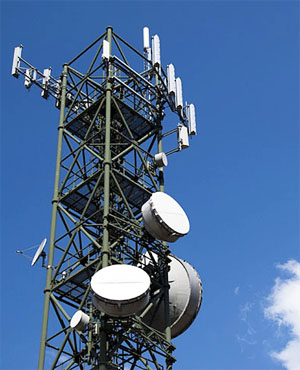
The Namibian Broadcasting Corporation (NBC) will in the process of moving from analogue to digital terrestrial television switch off from the pay television channel GOtv, it announced on Thursday.
“As of 15 February 2015, NBC will no longer be available on GOtv,” the NBC’s commercial manager for digital terrestrial television (DTT), Ockert Jansen said. “NBC will be switched off from GOtv decoders.”
According to Jansen, matters were changing as NBC moves into the digital era.
“As we are looking into offering pay channels, it is in the best interest of the NBC as a whole to remove the NBC1 television channel from GOtv,” he said in a statement.
The NBC introduced its first phase of switching off analogue viewing and moving towards digital terrestrial viewing in central Namibia on 1 February, affecting the towns of Windhoek, Rehoboth and Okahandja.
This was done in collaboration with the two existing free-to-air stations, One Africa Television and the religious channel TBN (Trinity Broadcasting Network).
With this move, Namibia is among the top four countries in the SADC region that started with switching off analogue viewing.
The NBC has to date migrated 16 of its 56 transmitters from analogue to DTT.
The NBC’s population coverage with a digital TV signal reaches 66.6%, just below the target of 67% by June 17, 2015.
Namibia’s analogue viewers must buy Digital Terrestrial decoders – albeit at subsidised prices – in order to view seven television channels including NBC 1, 2 and 3, One Africa TV, TBN, EDU TV as well as newly introduced Namibian music channel, “This TV” and 10 radio stations.
DTT is the broadcasting of terrestrial television in digital format. Analogue viewing requires a large amount of bandwidth, compared to digital signals, which are compressed, allowing more channels to be broadcast on the same bandwidth.
In 2006, the International Telecommunications Union decided that all countries in Europe, Africa, Middle East and Iran should migrate from analogue to digital broadcasting services by 2015 to free up bandwidth.


